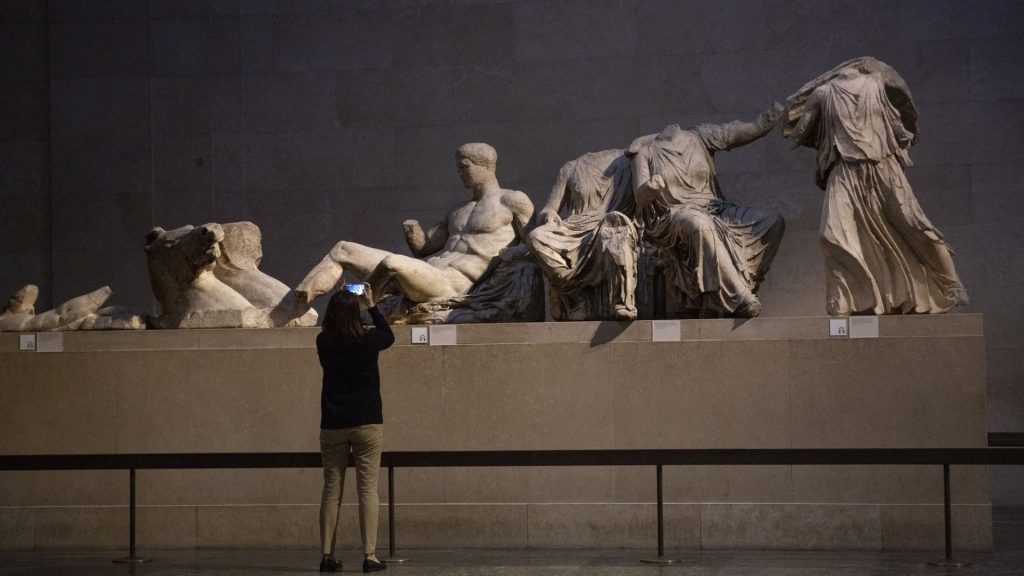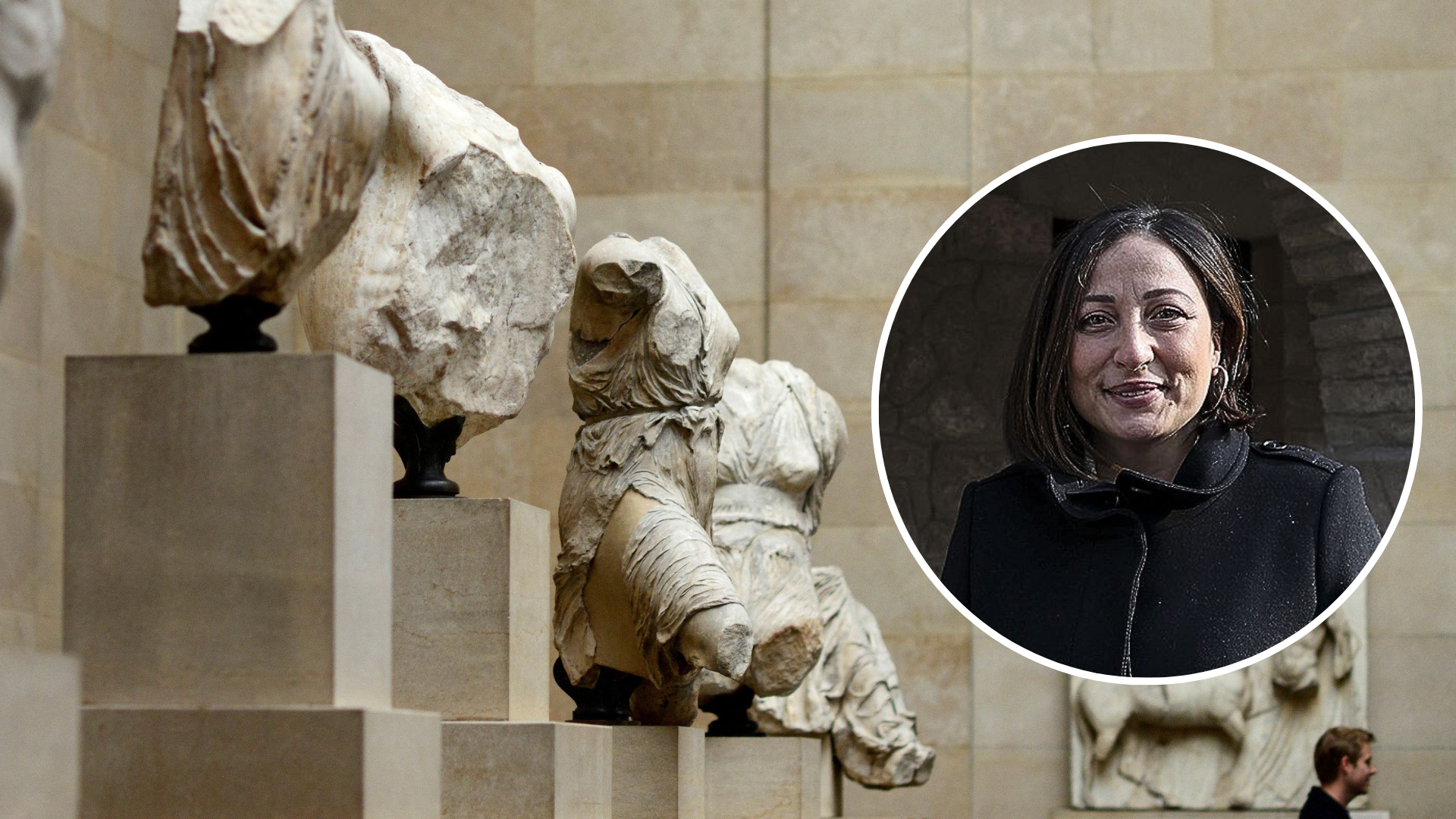Greece has found an ally in the form of Turkey’s representative at a UNESCO conference in its campaign for the return of the Parthenon Marbles.
According to Tornos News, Zeynep Boz, who heads the Turkish Culture Ministry’s department for combating trafficking in antiquities, denied Scottish diplomat Lord Elgin had permission from the then-ruling Ottoman Empire to rip the Parthenon Marbles off the Acropolis of Athens, Greece.
Ms Boz said Turkey was not aware of any Ottoman-era document legitimising the removal and sale of the Parthenon Sculptures to Lord Elgin, “so I do not think there is any room to discuss its legality even (…) according to the law of the time.”
“We eagerly look forward to celebrating the return of the Sculptures, as we believe that it will signal a change in behaviour towards the protection of cultural goods and will be the strongest message to be given worldwide,” Ms Boz added.

Lord Elgin said he had obtained permission in a firman, a decree, to take the Parthenon Marbles early in the 19th century. The document, translated into Italian by the British Embassy in Constantinople at the time, is now in the hands of the British Museum, which uses it to claim ownership of the marbles purchased from Elgin when he got into financial trouble.
But no official copy of it has yet been found in the Turkish government archives from the imperial era and debate continues to this day over the legal status of the document. Greece insists the marbles were stolen and Turkey had no right in any case to give away property it didn’t own.
Commenting on the conclusion of the UNESCO session from the Greek island of Rhodes, Greece’s Culture Minister Lina Mendoni said “there was never an Ottoman firman (decree) which allowed Elgin to treat the Parthenon Sculptures with such brutality.” Mendoni added that the Turkish delegate attending the session confirmed Greece’s long-standing argument.
Source: Tornos News
